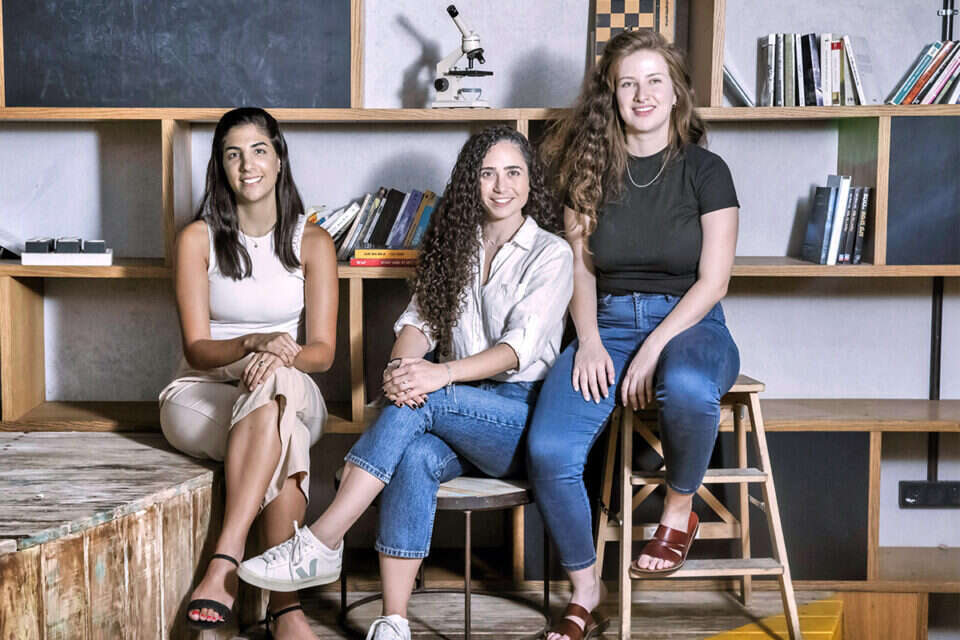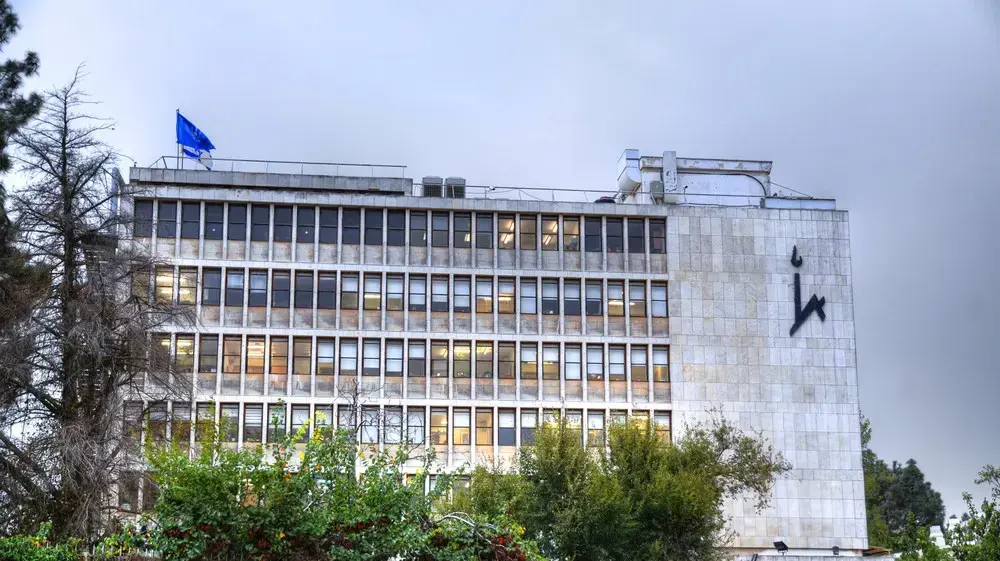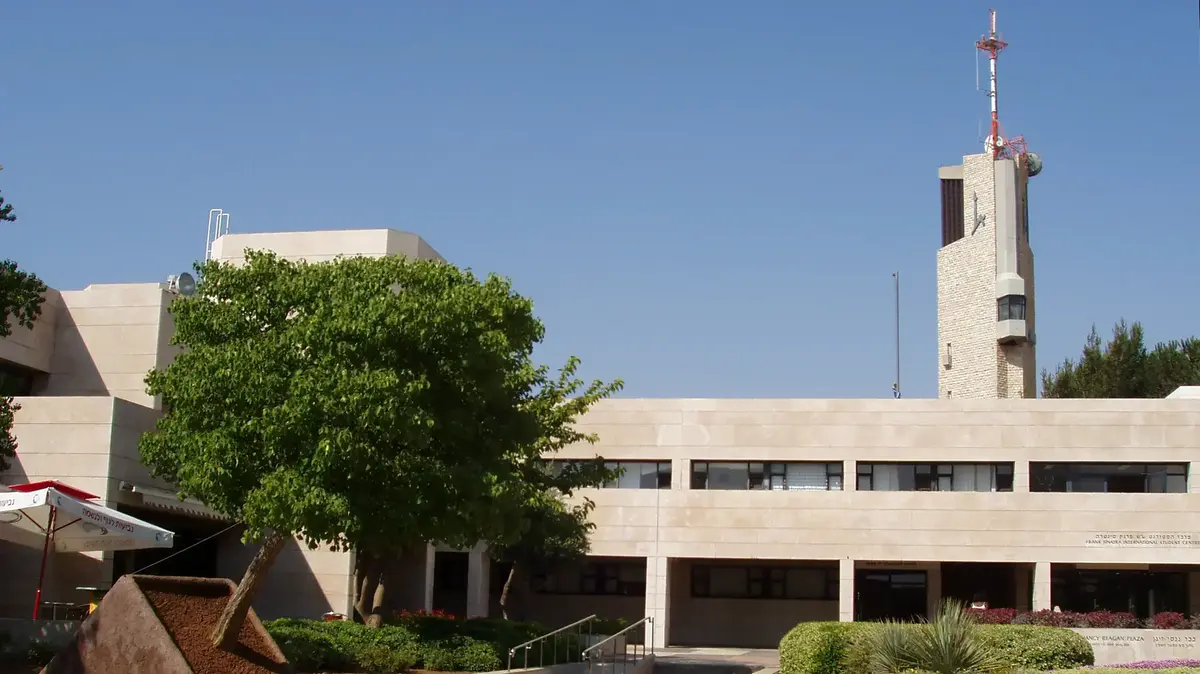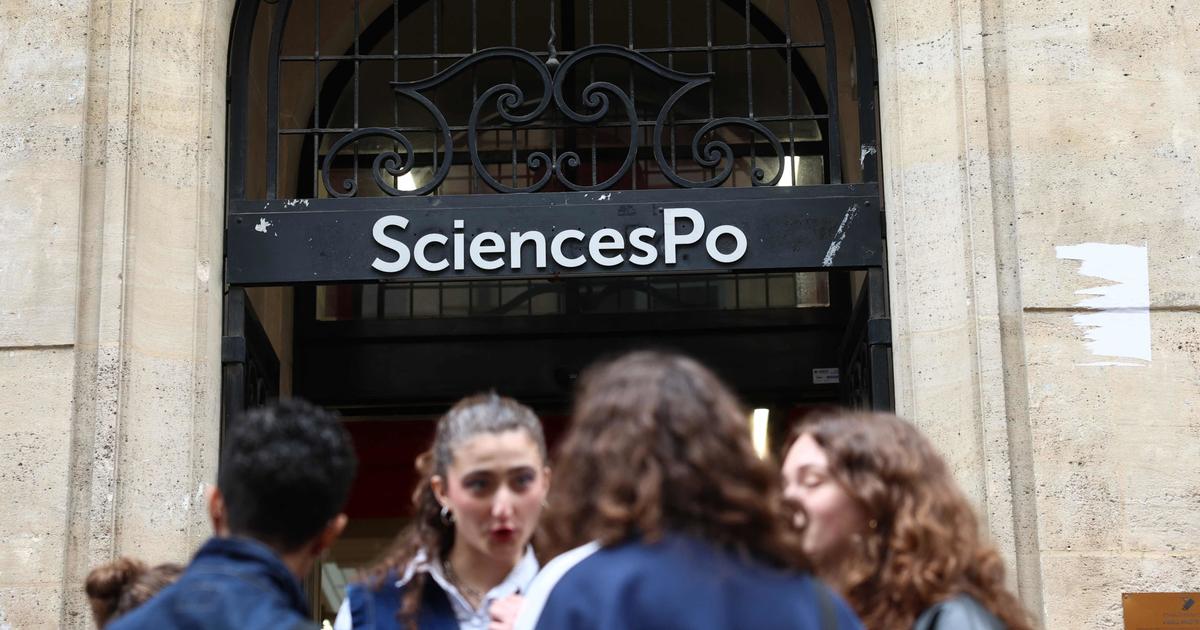Students in Israel do not make revolutions. They hardly take to the streets, do not burn tires, do not turn over the academy tables. Their biggest gatherings in recent years were not at demonstrations but at the Panjoya Festival in Eilat.
"There are a lot of processes that have also affected the student world, like individualism, it's very difficult to motivate students." Says Shai Poduler, 27, chairman of the Student Association at the Hebrew University of Jerusalem, "I have a kind of sense of belonging, instead of 'I want to be a partner.' I want partners, the Hebrew University has 26,000 male and female students. If we do not march together it will not happen. I don't know how to enter the room, smile and millions of shekels will be scattered on us. "
Lior Hazan (29), chairman of the Student Association at Tel Aviv University, claims that this is a problem that crosses ages and worlds: "Even in politics, when you have high support rates, it is still difficult to get people out. We are in an age where social media occupies a very significant place in life. For many, the way to influence has become with the help of a keyboard and not with the help of physical association. But you can't just fight online, you can't make a revolution just by writing a Facebook post. You need the area with you, to get up and demonstrate together at six in the morning. "
The academic year will open next week. After a year and a half of studying at Zoom, about 350,000 students will return to the campuses, to the cafeterias, to the grass. Hazan - MBA student in management at Tel Aviv University, Podoler - graduate student in law at the Hebrew University of Jerusalem, and Shir Tzadok (27) - MBA student in business administration at Ben-Gurion University of the Negev, hope that the bodies that unite the students can influence This year more than previous years, especially on decision makers.
"In recent years, and in this generation, the meaning of a representative body has cracked," says Zadok, chairman of the Ben-Gurion Student Association. It is difficult for us, as human beings, to believe in those who represent us. It is very difficult to motivate students. There is no movement or body that unites young people except us. It should be remembered that there is a group of people here with extreme gaps in terms of worldviews and political opinions. We in the year of the Corona made an academic protest, took out students to demonstrate for the sake of improving the exam regulations and answering during exam time. Hundreds of people came and it was very successful. "
The feeling of many students across the country is that the associations are a comfortable job, and whoever is elected eventually aligns with the management of the academic institution or the politicians with whom it is identified instead of representing the interest of the students.
Podoler: "There are cases where there are 'collaborators', people from the association who come to get a recommendation from the rector or the dean and do not understand their role - it is reprehensible. We are not employees of the university. It must be in the discourse in my eyes, that we have a responsibility in that we should lead the students and not make pleasant in the back for people with power. "
Zadok:" We do not get huge salaries, if I compare it to my friends, then it is the lowest salary and conditions. We are not here for that. "
The corona that closed businesses and educational institutions also disrupted the higher education system and affected hundreds of thousands of students. At one point the academic institutions were forced to close their gates and move on to distance learning. The new situation created friction with universities that were perceived as outdated and had difficulty adapting to the new situation.
The climax was when the University Council (VRA) tried to force students to take exams in class despite the illness, a move that was seen by many as a health hazard. tower Bashan snatched defeat.
"the universities represent the interests of the lecturers, all corona characterized by rules that fell from the top," said Zadok, "We tried to find a compromise to the less students will be hurt."
Podoler: "For me obviously you should listen to the position of students and strive to work Together with us and not against us, learn to reach compromises. If we are the majority in academia they deserve to be heard. Many times the institutions were disconnected. Today I see that they are more attentive to us. In Corona they only talked about primary schools - why? Because when the kids are not going to school it knocks the economy."They did not put enough emphasis on academia because it does not stop the economy and the economy, so who cares."
We did a degree - and what now?
They are three young, sharp, funny women, whose roles in student associations have connected them and made them friends as well.
On the one hand, they are ardent believers in Israeli academia, but on the other hand, they do not spare criticism of it.
"It felt like in the Corona era it was like someone grabbed the tree and shook the academy in a very strong way," says Zadok, "it forced the system to deal with things that had been ignored for years and that were the academy's challenges, like teaching methods, online study and the way they were tested. One was not prepared for it. We had very difficult quarrels with the university so as not to harm the students.
"But what hurts me the most is that even now, a year and a half later, no quality pedagogical methods have been assimilated that will accompany us even after the corona.
Lecturers do not teach in a unique and interactive way, but delivered the same lectures to Zoom.
There is a very big compromise on the level of education, this mediocrity is the thing that most hinders the academy. "
Hazan: "At first everyone thought it was a terminal illness, everyone walked around with gloves on. We were afraid to touch things and communicate with each other. Students found themselves without work and without sick leave. But I think the bigger challenge there is now - to continue the academic life while the Corona is still here. In my opinion, the best thing that came out of the Corona is recordings of lessons, it is a very important tool for students and it should continue. "
Dissatisfaction with the way the academy operates is a noticeable thing among quite a few students. They feel that they are not properly preparing the young people for the labor market.This criticism also comes from the heads of the associations, who say that they are trying to improve the situation.
"There is a gap between academia and the labor market," says Hazan. "In most classes, graduate students come to a crossroads. They ask themselves: I did a degree, but what now? "We start a project that creates collaborations with large companies in the economy. On the one hand we understand their needs, and on the other hand we understand in which workshops we can enrich the students; between basic things like preparation for job interviews, or more complex things like management and work workshops in a global world .
Zadok: "The need for students is a good gateway to employment, and the university is still devoting research, which is important. This gap needs to be bridged. This is where the associations that have realized in recent years that they must deal with it come in. During it. "
Podoler: "I think the big question will be what the role of the academy will be in the coming years."
Hazan: "There are two trends here, one that says that a bachelor's degree is no longer enough and needs a master's degree. "Eli, get the tools for the job market and start working. It's very interesting to see where this develops."
Sexual Harassment - Taboo
Their connection together is a kind of feminine power, and on the way to the role they fill - like any role they are elected to - some elbows were also needed, especially when it is still manned by men. "There are women in office, but still in most of the student associations in the country - men are the majority clearly," says Zadok, "but in recent years there has been a nice representation of women in the big universities."
Podoler: "I am the third chairperson in a position that is a woman. In the end, still, there is a male majority. Even in the election for the position I felt I was a woman. One of the deputies told me he was afraid I would be too emotional. "I raise my voice emotionally, but if a man, my counterpart, raises a voice - then he is considered authoritative and charismatic."
But it must be said - it does not start and end in student associations. The higher education system itself is a field dominated by men. "It is enough to look at the plenum of the heads of the universities (VRA) and see that all the presidents of the universities are men, except for Prof. Mimi Eisenstadt, president of the Open University.
" Institutions promote all kinds of equality programs, but in the end women have a ceiling Podular, "In academia, the whole structure is such that it is very difficult for women to advance in it. "For example, postdoctoral research is done abroad, and it is much more difficult for women with a family. Doctoral students have difficulties with researchers who would prefer men who do not get pregnant and do not need maternity leave. In addition, the research itself was done from a male perspective."
Zadok: "There are a lot of researchers - but up to a certain point. In recent years there has been more awareness to reduce the gaps, and institutions are also making regulatory changes to balance gender. It will just take a long time until we see equality."
Hazan: "For that to happen, a lot more women need to be in key positions along the way, and women need to promote other women."
And what about sexual harassment in academia?
Podoler: "A lot of institutions have made a way, changed the rules. But in practice, in all institutions it is still a taboo subject, it is difficult to talk about it socially and it scares the management. At the end of each year we get a very limited report, which is difficult to understand. Was the treatment.
Many times there is harassment of young female students in front of older lecturers or young practitioners.
In practice the statement of the institutions is that it is important, but I think it is something that should be engraved on our flag.
We need to act effectively. "
Knesset and posts?
No thanks
Many see academia as a body still dominated by the white elite. Concrete Committee, appointed by Naftali Bennett as Minister of Education and Chairman of the Council for Higher Education, headed by poet Erez Biton, also recommended that the number of members of the plenum of the Council for Higher Education will be divided equally between Sephardim and Ashkenazim, but so far nothing has been done on the subject.
In general, It seems that even in 2021, despite the talk of enlightenment and equality, being an Oriental woman in academia is still considered an issue. , See it, but I personally have almost never experienced it. I was once thrown out that I am an Oriental who looks like an Ashkenazi. "
Zadok presents a more complex picture: "I am mixed, Persian and Romanian. I did not feel that my origin was an obstacle, but I felt that it always had an effect on the environment I was in, looking at the color of my skin. It happened in every job I did in life "I would get feedback that I should act like an Oriental woman. They always tried to catalog me, should be like in a tape cast. I am compared to Miri Regev and Gila Gamliel."
On this comparison it is worth a moment to linger.
Like Zadok, MK Gamliel served as the head of the Ben-Gurion University of the Negev Student Association (she was also ousted and re-elected). The only unit to date that has served in the position.
"I'm not thinking about politics right now, but I do have a thought of doing something social," Zadok says.
Hazan: "For me, too, this is not on the agenda at the moment. We all share the desire to make an impact, to be part of society, even in the business world."
Podoler: "I think politics is not the essence. People who aspire to be Knesset members to sit in the last rows, write posts and get 300 likes? It does not make me that. I want to make an impact."









